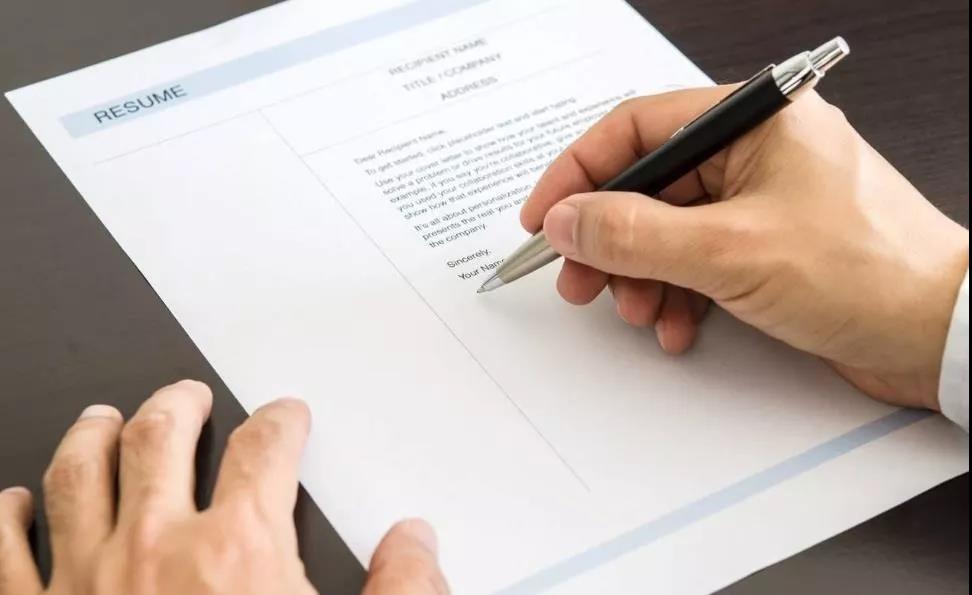【非谓语动词作状语辨析】 非谓语动词作状语
时间:2020-02-23 07:29:51 来源:雅意学习网 本文已影响 人 
非谓语动词是英语高考重要考点之一,而非谓语动词作状语更是重点中的难点。在平时的学习和操练中,非谓语动词的错误率是比较高的。所以,同学们在学习中要理清思路,掌握要点,善于辨析,准确判断。请看以下例题:
例1Though he was busy, he cameme from time to time.
A. seeing B. to see C. seen D. see
例2The moment he knew the news, he cameto me.
A. running B. to run C. ran D. run
分析例1答案为B,例2答案为A。那么,谓语动词同样是came, 为何后面所跟的非谓语动词却不同呢?原因很简单,例1中came后面所跟的非谓语动词作目的状语,故用动词不定式to see; 而例2中came后面所带的非谓语动词虽然也作状语,但表示行为方式,所以要用分词表达。
动词不定式和分词都可以在句中作状语,但意义有所区别。请看下表:
根据上表,我们可以看出,动词不定式作状语时,通常表示目的或结果。表示目的时可用 in order to do, so as to do 或直接用 to do 表达;表示结果时,常用too...to do, so...as to do/so as to do, enough to do, never to do, only to do等形式。其中,so as to 既可以表目的也可以表结果,但 so as to 不能用于句首。而分词作状语时则用来表示时间、原因、条件、让步、行为方式或伴随情况等。根据这一基本规则,我们就不难理解本文开头两道例题的解答了,语境不同,谓语动词 come 之后的表达方式也就不同。
反馈演练
1. ________ good care of, these trees could have grown better.
A. Taken B. To take C. Taking D. Take
2. Tom pretended to know nothing about the accident________ his job.
A. so not as to lose B. not losing C. not lost D. not lose
3. ________ in passing the exam, one needs to be diligent.
A. In order to succeed B. So as to succeed
C. Succeeding D. Succeeded
4. He made a long speech ________ his ignorance of the subject.
A. only to show B. only showing
C. showing D. enough to show
5. Sarah appeared happy, ________ nothing about the argument.
A. say B. said C. to say D. saying
6. I had wanted to turn to Tom. Then, ________ that he could do nothing to help, I changed my mind.
A. to realize B. realized C. realizing D. realize
7. ________ into English, the book becomes popular and sells well in different countries.
A. Translating B. Translated C. To translate D. To be translated
8. ________ to bed a bit earlier, you will wake up every morning ________ energetic and ready to start a new day.
A. Going; feel B. Go; to feel C. Going; feeling D. To go; felt
9. ________ for too many mistakes in his composition, John was very disappointed.
A. To blame B. Blamed C. Blaming D. To be blamed
10. Would you please be kind enough ________ me a favour?
A. help B. helping C. helped D. to help
推荐访问:辨析 动词 非谓语 非谓语动词作状语辨析 非谓语动词作结果状语 非谓语动词语法讲解










